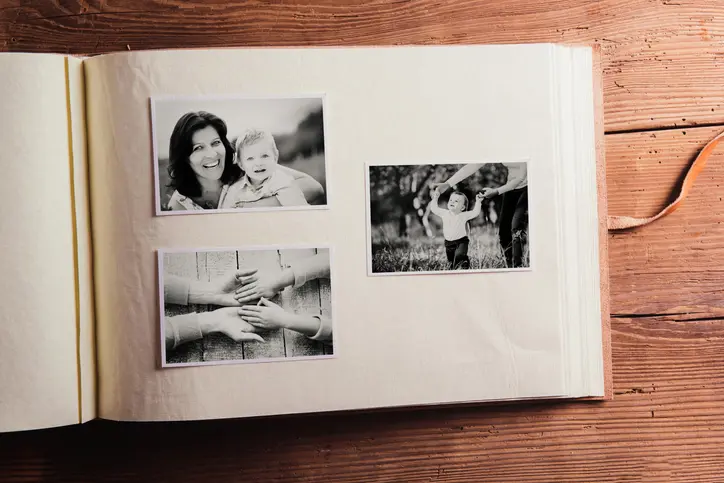Did you know that classic cars can be subject to inheritance tax?
25 April 2022
Depending on your circumstances, your classic could be subject to 40% inheritance tax, which is why it’s important to ensure that you’ve considered what will happen to your prized possession after you pass away. Without putting the right plans in place, your car may not end up in the care of the person you would have chosen.
We’ve worked in partnership with Co-op Legal Services to address some of the key questions that need to be considered, when it comes to planning the future of your classic car.
Co-op Legal Services is also offering Lancaster customers an exclusive 10% discount off wills and lasting powers of attorney. They provide telephone, video and home visit appointments to suit you, and their fixed fee service is regulated by the Solicitors Regulation Authority, so you’re fully protected. Simply click here for more information and quote code LISCLS when booking, or contact them at Lancaster@coop.co.uk.
Will my car be liable for Inheritance Tax?
This will depend on your circumstances.
If you’re leaving your estate to your spouse (or registered civil partner), then it’s likely that there will be no Inheritance Tax liability on your death as they are exempt from Inheritance Tax. However, when your spouse subsequently dies, if they wanted to leave their estate to the children, then Inheritance Tax could be payable at this stage as they are not classified as being exempt.
HMRC allows individuals to leave a certain value of money and assets upon death without any Inheritance Tax being payable, called the ‘nil rate band allowance’ (currently £325,000 per person or £650,000 for married couples). This figure could potentially increase further (to £500,000 per person or £1 million for married couples), if the home is being left to direct descendants such as children.
Some rare classic cars might be exempt from inheritance tax if they are considered by HMRC to be of sufficient scientific, historic or artistic interest.
Outside of this, classic cars are treated by HM Revenue & Customs in the same way as other possessions. Once all allowances have been deducted from the net value of the estate, what’s left is taxed at 40%.

Could I gift my car to limit Inheritance Tax?
While gifting your car to someone else could help to limit Inheritance Tax, it’s important to understand the potential pitfalls.
For a gift to become exempt from Inheritance Tax, it must have been made at least 7 years before your death, and you can’t benefit from the gift in any way after you’ve made it. This means you can’t transfer your car into someone else’s name then continue using it.
Another risk of gifting such a prized possession is that it legally becomes the property of the recipient. If they die, get divorced or run into financial difficulty, it would be classed in the same way as any of their other assets.

Can I include my car in my will?
One way to ensure your car goes to the person you choose after you die is to include it as a gift in your will. You’ll need to make sure specific terminology is used when referring to your car, avoiding any ambiguity, so your wishes are accurately recorded.
The law treats normal cars as ‘chattels’ but classic cars could be seen as an investment, meaning they fall outside of the statutory definition of a chattel. For this reason, it’s essential to include the appropriate legal wording in the will. A will writing specialist, such as Co-op Legal Services, will be able to support you with this.

Could my car be sold during my lifetime?
If you become unable to manage your own affairs in the future, because of an accident or illness, someone else will need to manage your finances for you. If you haven’t made a lasting power of attorney (LPA), the Court of Protection will appoint someone to take on this role. This might not be the person you would have chosen, and they won’t have your guidance on how best to manage your assets and investments.
This could put your car in a precarious situation, as the person managing your finances could decide that selling your car would be in your best interests, without realising this isn’t what you would want.
With an LPA, you can appoint the person you choose to act as your attorney, and you can retain some control over what they can and cannot do with your money and assets. In your LPA you can provide guidance to your attorney on what to do in certain situations and you can also stipulate how your assets and investments should be managed.
If you would prefer to keep your car and pass it on to someone in your will, instead of it being sold, then you can cover this in your LPA. You can include a stipulation that your attorney shouldn’t sell or get rid of any items that are included in your will, protecting your car from an unwanted sale during your lifetime. Why not also consider restoring your classic and you can check out tips about this in our ultimate guide.
Co-op Legal Services is also offering Lancaster customers an exclusive 10% discount off wills and lasting powers of attorney. They provide telephone, video and home visit appointments to suit you, and their fixed fee service is regulated by the Solicitors Regulation Authority, so you’re fully protected. Simply click here for more information and quote code LISCLS when booking, or contact them at Lancaster@coop.co.uk.
If you have any questions or need any clarification on any of the legal points discussed in this article, you can email Co-op Legal Services directly at Lancaster@coop.co.uk and one of their legal advisers will review and answer your question.
